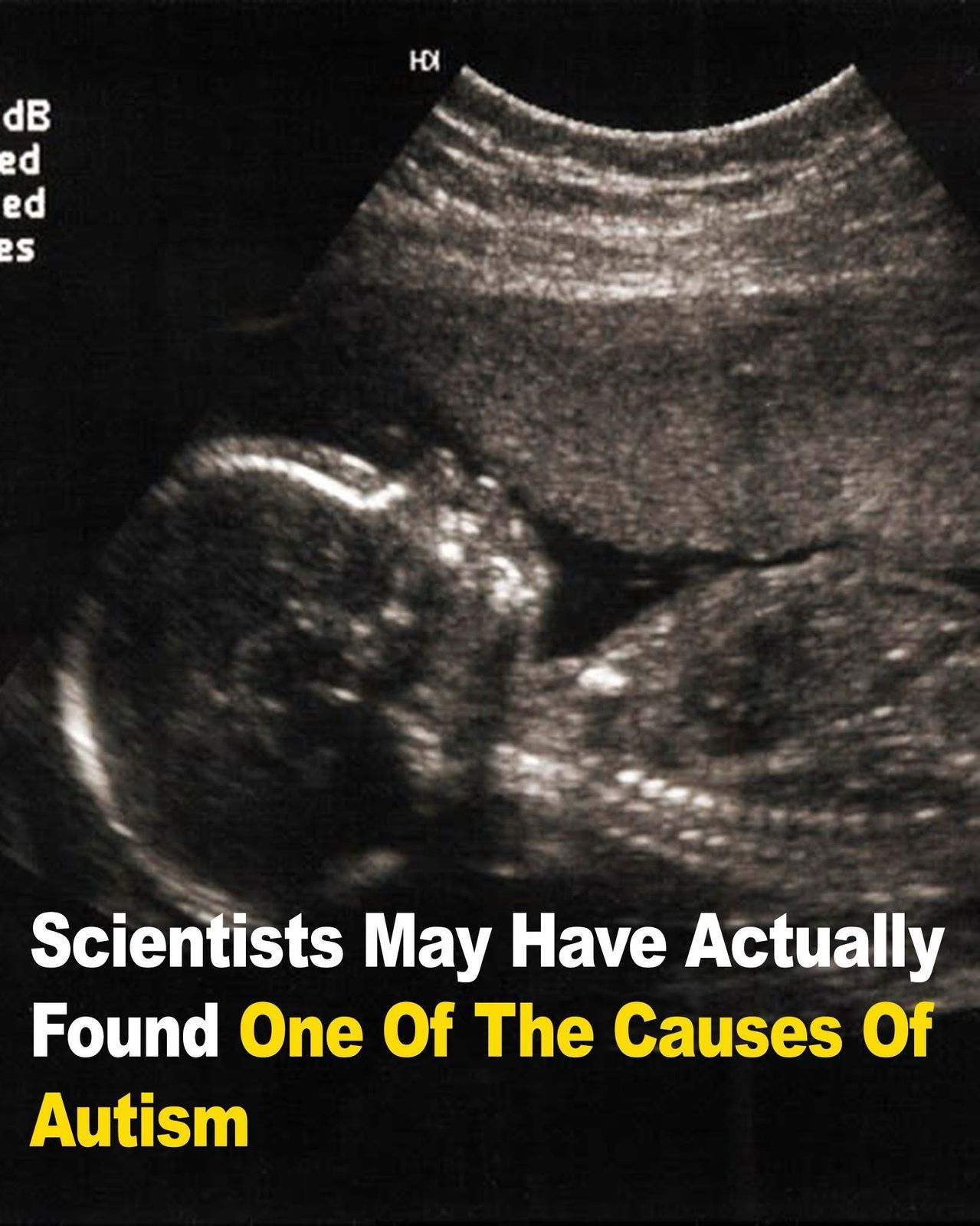In recent years, scientists have been uncovering just how essential the gut microbiome is to our overall health. This complex community of bacteria, fungi, and other microorganisms living in our digestive system has been shown to influence everything from how we react to fear and stress, to how our bodies regulate weight and mental health, and even whether we’re likely to develop autoimmune conditions like type 1 diabetes or lupus.

Now, a new study published in The Journal of Immunology has taken this research a step further, suggesting a potential link between the gut microbiome and autism. But here’s where it gets even more interesting: according to the researchers, the influence isn’t coming from our own microbiomes, but rather from our mother’s. The study, conducted by researchers at the University of Virginia School of Medicine, focused on how a mother’s gut health during pregnancy might shape the brain development of her child.
Lead researcher John Lukens explained in a statement that the microbiome has several ways it can affect a developing brain. One of those ways appears to involve the immune system, particularly how it responds to various stressors, infections, or injuries.
The key player in this process, the study suggests, is a molecule known as interleukin-17a, or IL-17a. This molecule is produced by the immune system and has already been associated with autoimmune disorders such as multiple sclerosis, rheumatoid arthritis, and psoriasis. IL-17a is particularly useful in fighting fungal infections, but it also seems to play a role in shaping brain development while a fetus is still in the womb. In their experiment, the researchers worked with lab mice to test the theory that IL-17a could be involved in triggering autism-like symptoms. They selected female mice from two different environments. The first group had gut microflora that made them more susceptible to an inflammatory immune response driven by IL-17a. The second group, serving as the control, lacked these specific gut microbes and didn’t exhibit the same kind of immune sensitivity.
When the researchers artificially blocked the effects of IL-17a in both groups, the pups born from both sets of mothers showed normal, neurotypical behavior. However, when IL-17a was left unblocked, a stark difference emerged. The offspring of mothers from the first group—the ones with the inflammation-prone gut microbiome—developed behaviors that closely mimicked those seen in autism, such as social withdrawal and repetitive actions. To strengthen their case, the scientists conducted a fecal transplant, transferring the gut bacteria from the first group into the second group. After this transplant, the once-typical second group also began to produce pups with autism-like behaviors. This dramatic shift confirmed that it was indeed the specific microbiome makeup of the mothers—and not genetic or other environmental factors alone—that seemed to be influencing the brain development of the offspring through the immune pathway involving IL-17a. While this research is still in its early stages and based on animal studies, it opens a compelling new chapter in the search for autism’s causes. It’s not saying that a mother’s microbiome alone determines whether a child will develop autism, but it does show that the gut’s microbial balance might be one of several contributing factors. According to Lukens, the next step is to explore whether similar patterns exist in humans. This means looking at the gut microbiomes of pregnant women and examining whether specific microbial profiles are linked to a higher risk of autism in their children. Scientists are also interested in identifying other immune molecules like IL-17a that could play roles in this complex biological puzzle. Autism, like many neurodevelopmental conditions, is incredibly multifaceted, with genetic, environmental, and possibly microbial factors all interacting in ways we’re just beginning to understand. What this study does is provide a compelling piece of the puzzle—suggesting that gut health, particularly during pregnancy, may matter more than we ever realized. While it’s far too soon to make any recommendations or sweeping conclusions, the research highlights how interconnected our body’s systems really are, and how something as seemingly separate as our digestive health could play a role in shaping the brain development of future generations.





